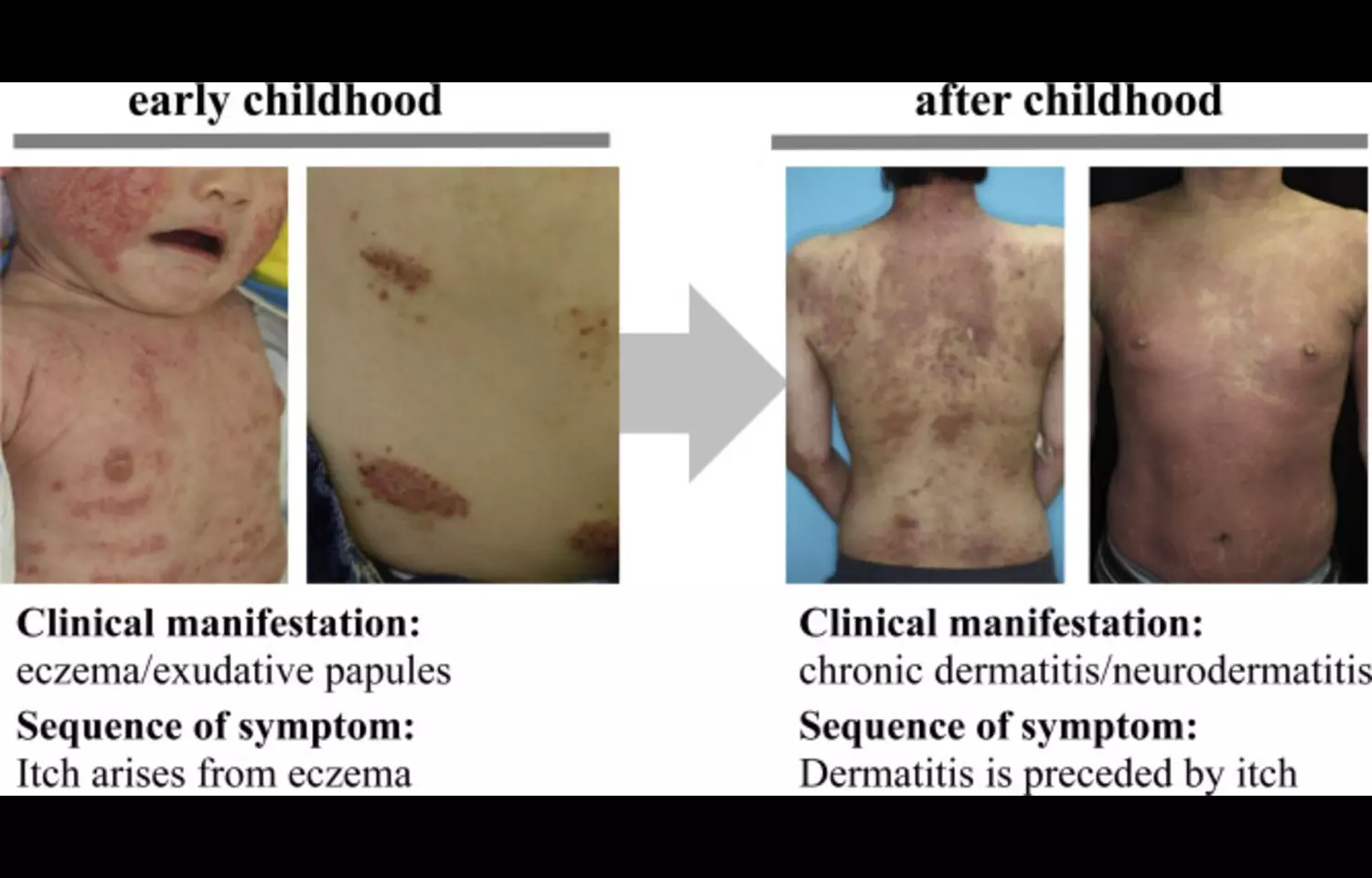By Dr. Shravani Dali
Copyright medicaldialogues

A new study has investigated the impact of biologic therapies on cancer risk among patients with psoriasis and found that these treatments may offer protective benefits compared to traditional topical therapies. Psoriasis is a chronic immune-mediated condition that often requires long-term management, and concerns about the potential for systemic therapies to influence malignancy risk have persisted among clinicians and patients alike. This research focused on comparing patients receiving biologic treatments, such as tumor necrosis factor inhibitors and interleukin-targeted agents, with those using only topical monotherapies. The study revealed that patients treated with biologic therapies experienced a lower incidence of malignancies over the observation period. While topical monotherapy is often considered safe and effective for managing mild disease, it does not provide systemic immunomodulatory effects that may influence the immune surveillance mechanisms associated with cancer development. Biologic therapies, by modulating specific inflammatory pathways implicated in both psoriasis and cancer progression, may reduce the risk of malignancy while simultaneously controlling skin disease. The findings underscore the importance of considering personalized treatment strategies for patients with psoriasis, especially those at elevated risk for cancer due to age, family history, or comorbidities. Clinicians are encouraged to weigh both dermatologic benefits and systemic protective effects when recommending biologic therapy. Furthermore, the study highlights the need for ongoing surveillance and long-term follow-up to better understand the relationship between immune-targeted treatments and malignancy risk in this population. While biologic therapies have previously been scrutinized for their immunosuppressive potential, this research provides reassurance that, when appropriately selected and monitored, these treatments may confer additional systemic benefits beyond skin clearance. Patients and healthcare providers should engage in shared decision-making, considering both disease severity and individual risk factors for malignancy, to optimize treatment outcomes and overall health. Keywords: Psoriasis, biologic therapy, malignancy risk, cancer prevention, immune modulation, systemic therapy, tumor necrosis factor inhibitors, interleukin inhibitors, personalized medicine, long-term outcomes Reference:Zhang, Y., et al. Biologic therapy is associated with reduced malignancy risk in psoriasis: A cohort study. Journal of the American Academy of Dermatology. 2025. https://doi.org/10.1016/j.jaad.2025.07.015



